People with diabetes have a higher risk of developing Alzheimer’s disease (AD) raising a possible link between the cells that are disordered in diabetes—pancreatic β cells—and AD. A study reveals these cells may secrete neuroprotective factors.
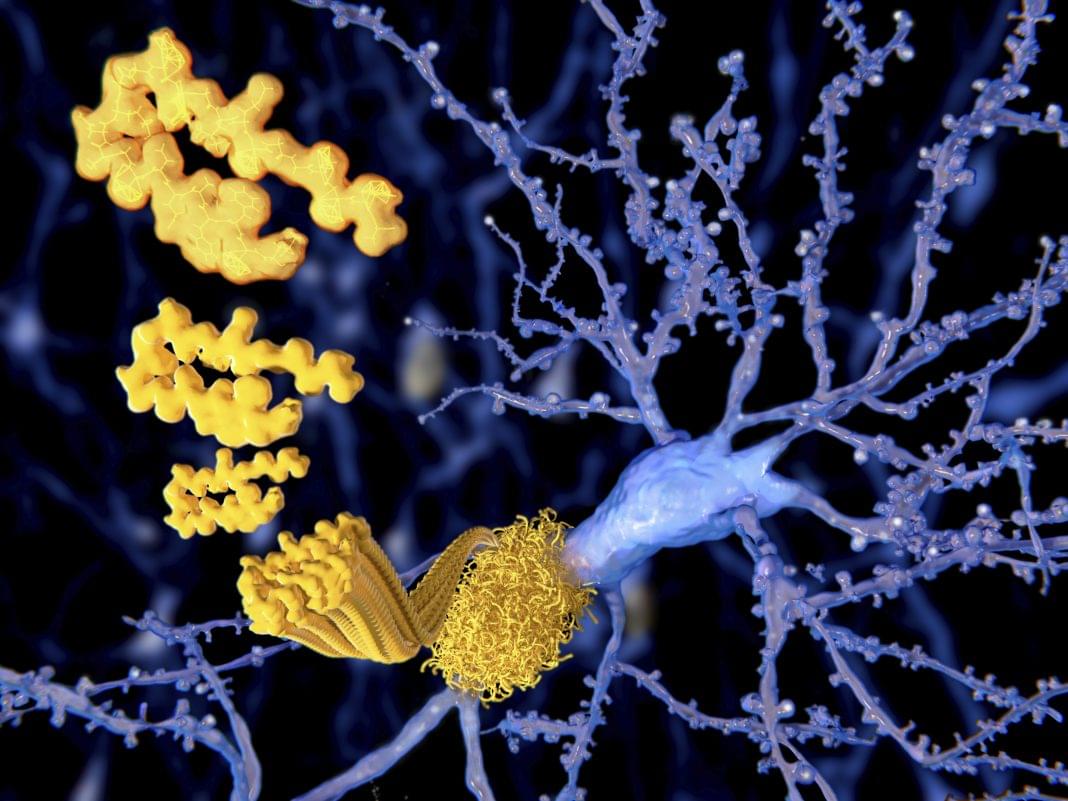

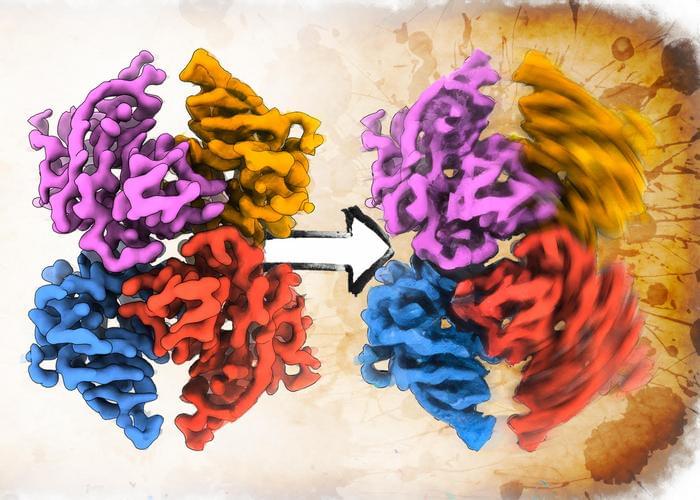
In this video we explore…ourselves. What can and can’t be conscious? And where did consciousness come from. A huge thanks to our Patreons who help make these videos possible. Sign-up here: https://bit.ly/4aiJZNF
Astrum Podcast: https://www.buzzsprout.com/2250635/share.
Displate Posters: https://astrumspace.info/Displates.
Astrum Merch! https://astrum-shop.fourthwall.com/
Join us on the Astrum discord: / discord.
SUBSCRIBE for more videos about space and astronomy.
Subscribe! http://goo.gl/WX4iMN
Facebook! http://goo.gl/uaOlWW
Twitter! http://goo.gl/VCfejs.
A huge thanks to our Patreons who help make these videos possible. Sign-up here: https://bit.ly/4aiJZNF
Astrum Spanish: / @astrumespanol.
Astrum Portuguese: / @astrumbrasil.
Credits.
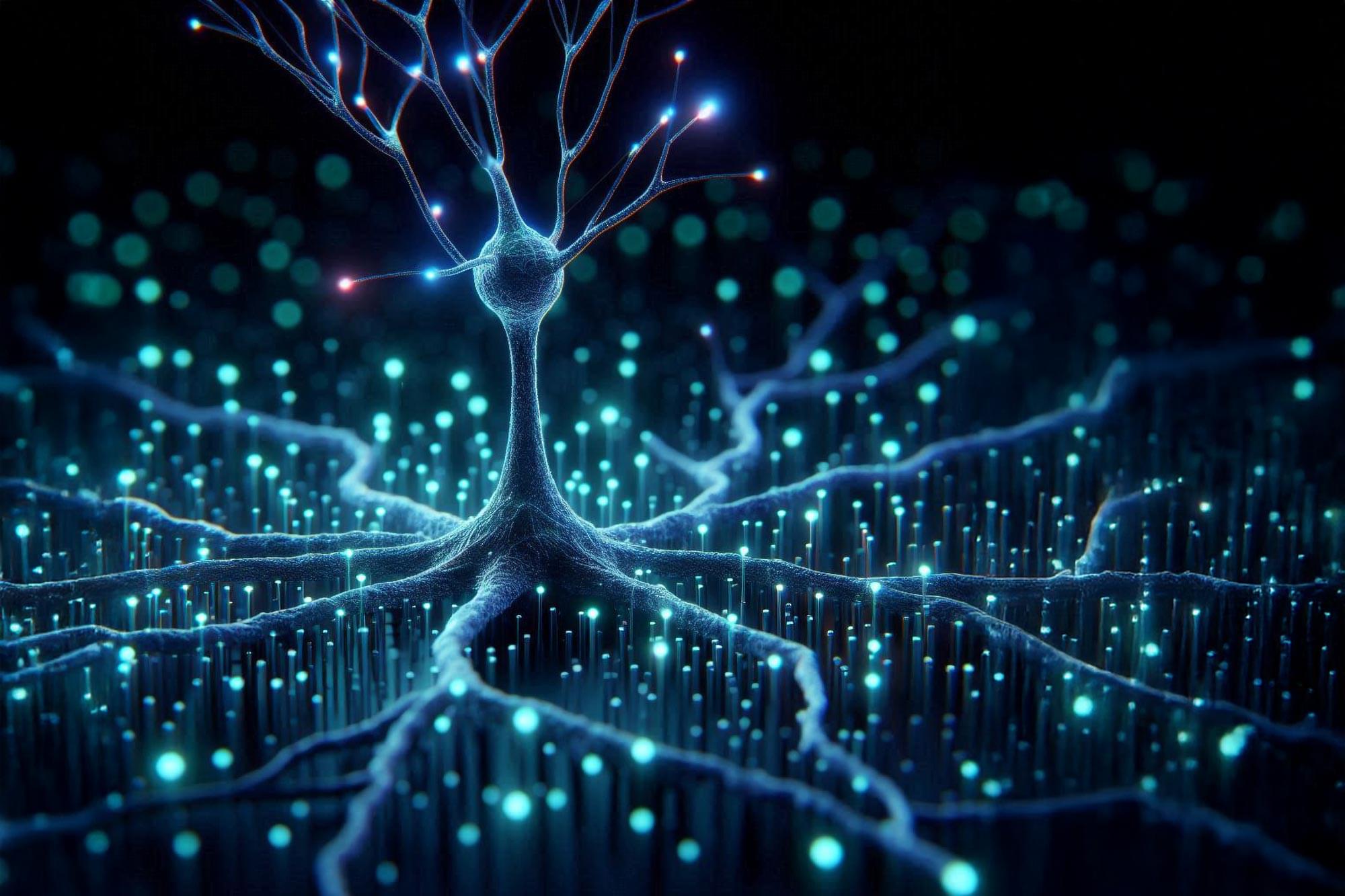
By crafting an artificial brain-like environment with microscopic nanopillars, researchers have successfully guided neurons to grow in structured networks. This innovation could revolutionize how scientists study neurological conditions by offering a more accurate way to observe brain cell behavior.
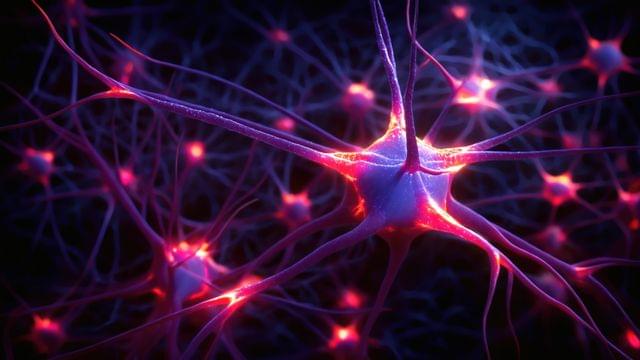
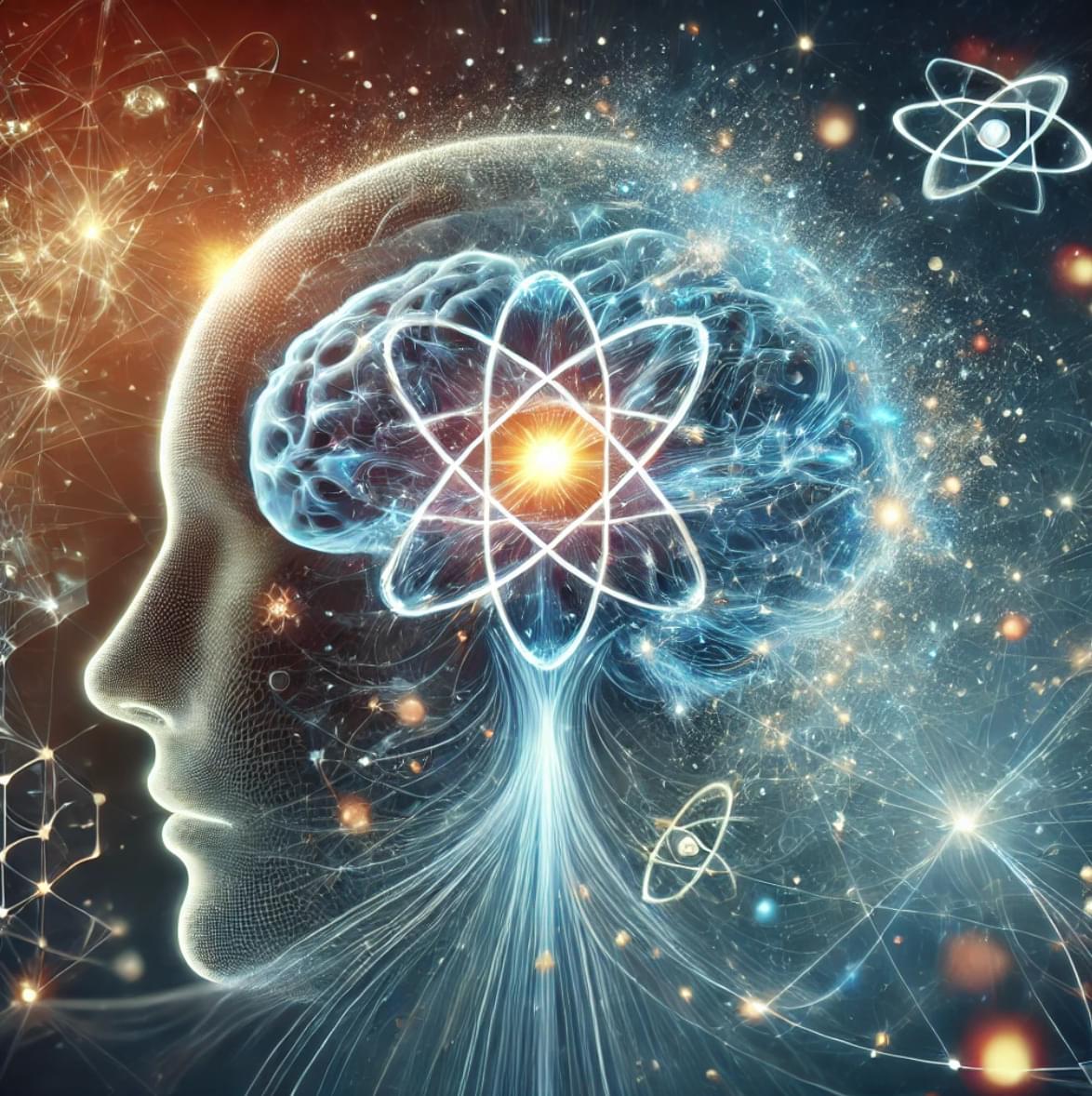
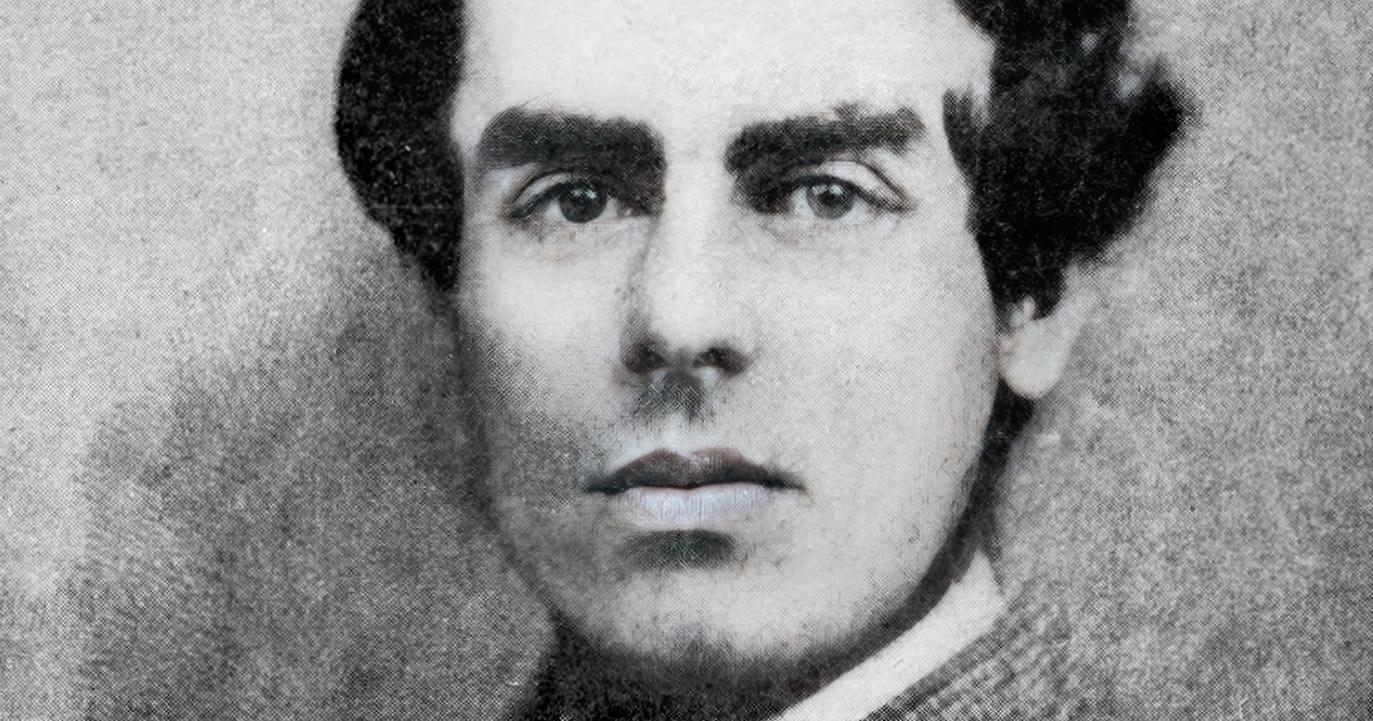
As some of the lowest of the vertebrata attained a far greater size than has descended to their more highly organised living representatives, so a diminution in the size of machines has often attended their development and progress. Take the watch for instance. Examine the beautiful structure of the little animal, watch the intelligent play of the minute members which compose it; yet this little creature is but a development of the cumbrous clocks of the thirteenth century — it is no deterioration from them. The day may come when clocks, which certainly at the present day are not diminishing in bulk, may be entirely superseded by the universal use of watches, in which case clocks will become extinct like the earlier saurians, while the watch (whose tendency has for some years been rather to decrease in size than the contrary) will remain the only existing type of an extinct race.
One need only follow this progression to its logical conclusion to face the inevitable question of “what sort of creature man’s next successor in the supremacy of the earth is likely to be”:
We are ourselves creating our own successors; we are daily adding to the beauty and delicacy of their physical organisation; we are daily giving them greater power and supplying, by all sorts of ingenious contrivances, that self-regulating, self-acting power which will be to them what intellect has been to the human race. In the course of ages we shall find ourselves the inferior race.
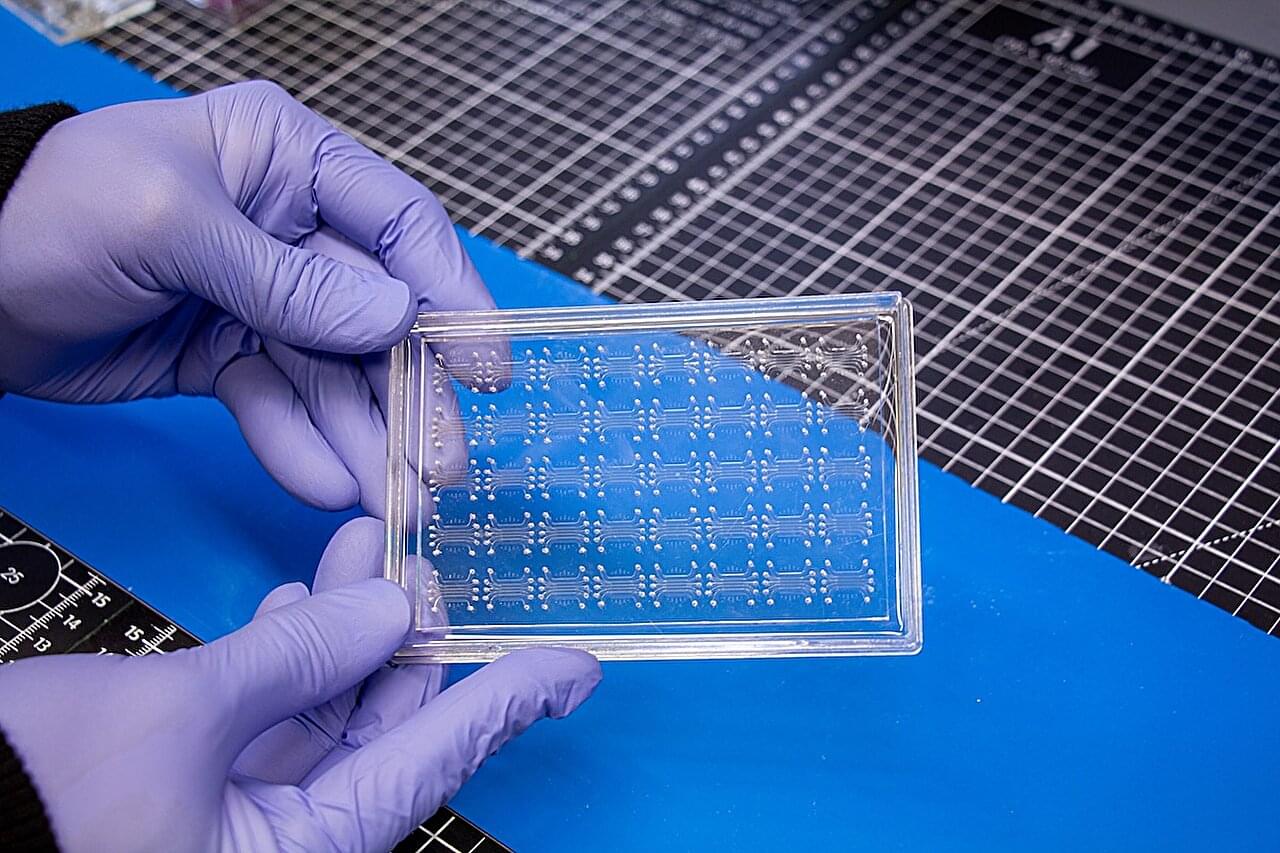
Hidden within our bones, marrow sustains life by producing billions of blood cells daily, from oxygen-carrying red cells to immune-boosting white cells. This vital function is often disrupted in cancer patients undergoing chemotherapy or radiation, which can damage the marrow and lead to dangerously low white cell counts, leaving patients vulnerable to infection.
Now, researchers at the University of Pennsylvania School of Engineering and Applied Science (Penn Engineering), Perelman School of Medicine (PSOM) and the Children’s Hospital of Philadelphia (CHOP) have developed a platform that emulates human marrow’s native environment. This breakthrough addresses a critical need in medical science, as animal studies often fail to fully replicate the complexities of human marrow.


In today’s AI news, for those who were thinking Meta Platforms Inc. might back down from its heavy-spending ways in the wake of the DeepSeek news, think again. On the earnings call, Zuckerberg spoke of “the hundreds of billions of dollars” Meta will invest in AI infrastructure over the long term.
S ChatGPT and the newly ascending DeepSeek. “Qwen 2.5-Max outperforms… almost across the board GPT-4o, DeepSeek-V3 and Llama-3.1-405B,” Alibaba Meanwhile, amid the market turbulence and breathless headlines, Dario Amodei, co-founder of Anthropic and one of the pioneering researchers behind today’s large language models, published a detailed analysis that offers a more nuanced perspective on DeepSeek’s achievements.
And, Microsoft is bringing Chinese AI company DeepSeek’s R1 model to its Azure AI Foundry platform and GitHub. The R1 model is now part of a model catalog on Azure AI Foundry and GitHub — allowing Microsoft’s customers to integrate it into their AI applications.
In videos, Reid Hoffman is the co-founder of LinkedIn, a legendary Silicon Valley investor, and author of the new book Superagency: What Could Possibly Go Right with Our AI Future. Hoffman joins Big Technology Podcast to discuss his optimistic case for AI, the massive investments flooding into the field, and whether they can pay off.
And, in the new episode of Moonshots, Emad Mostaque, Salim Ismail, and Peter Diamandis discuss recent DeepSeek news, the China vs. USA AI race, and more. Emad is the founder of Intelligent Internet and former CEO of Stability AI. Salim is a serial entrepreneur and strategist well known for his expertise in exponential organizations.
Then, reverse the diffusion process, and unlock the secrets of AI-generated images. Isaac Ke explores how to harness the power of diffusion models to create stunning, high-quality images from text prompts. From text-to-image generation to image-to-image editing, learn how diffusion models are being applied in various fields.
We close out with, Nate B. Jones sharing the strategy behind DeepSeek strategically launching free AI products to disrupt OpenAI’s dominance, including an Operator clone, voice AI, and a likely Sora competitor. This aggressive move threatens OpenAI’s paid model and forces competitors to rethink pricing.